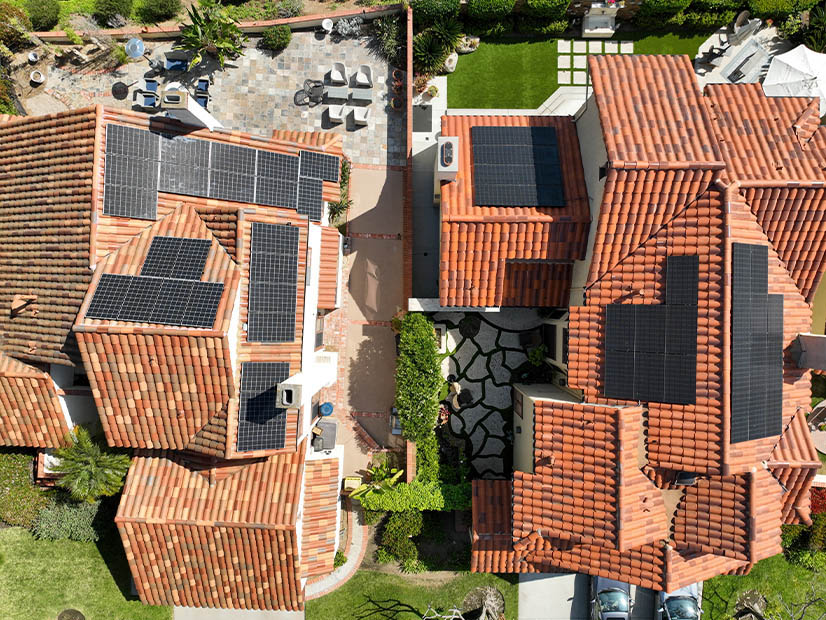The North Carolina Utilities Commission on Thursday largely approved Duke Energy’s (NYSE:DUK) proposal to update its net energy metering (NEM) rules for residential rooftop solar customers that is meant to end cross-subsidization caused by the old payment system.
The utility’s proposal had the support of renewable energy trade groups including the Solar Energy Industries Association and the North Carolina Sustainable Energy Association, but the proposal still drew some opposition because of the new charges it will place on NEM customers starting in 2027.
The process to update the rules took several years and responds to a pair of laws. HB 589, passed in 2017, required that payments to NEM customers not lead to any cross-subsidization from other residential customers who do not own solar panels and that Duke do a study, on which it based its proposal, on the costs and benefits of the program.
HB 951, passed in 2021, is intended to support renewable generation as a means of cutting carbon emissions from utilities and required the NCUC to evaluate and modify NEM rates as needed.
Duke’s study found cross subsidies of $25 to $30/month in its Carolinas (DEC) territory and $35 to $40/month in its Progress (DEP) territory.
The main mechanism to deal with those is a new minimum monthly bill of $22 for DEC and $28 for DEP. Larger solar facilities above 15 kW represent the biggest opportunity for under-recovery of fixed costs so such customers will be billed $1.50/kW-month in DEP, while customers in DEC will have to pay $2.05/kW-month.
Duke will also start charging NEM customers non-bypassable charges to recover costs for programs such as demand-side management and efficiency, securitized storm costs, and similar charges that are approved by the NCUC for recovery through riders that are not dependent on energy use.
The commission found that the minimum bill, the charge for larger solar panels and the non-bypassable charges are all key to ensuring that NEM customers do not benefit from cross subsidies, but it required changes to the other proposals in the package.
Duke will have to change its initial proposal on how to net exports from customers with their imports from the grid during critical peak pricing (CPP) periods when demand is highest. Duke initially would not have netted exports when CPP is in effect, but the commission directed it to net exports and imports during such hours.
The NCUC also rejected Duke’s proposal to pay NEM exports at its approved avoided-cost rates that it pays qualifying facilities under the federal Public Utility Regulatory Policies Act. That would have locked in the rates for a decade, and the commission agreed to its staff’s suggestion that NEM avoided costs be based on avoided-cost proceedings it holds every two years.
Duke has historically retained renewable energy credits produced by its customers’ generators eligible for NEM, but customers will now keep them when the new NEM rates go into effect.
While pairing storage with solar is increasingly common, that technology was not dealt with at all in the rule changes. The NCUC said more “field testing and experimentation” would help to set up rules for compensating solar plus storage.




